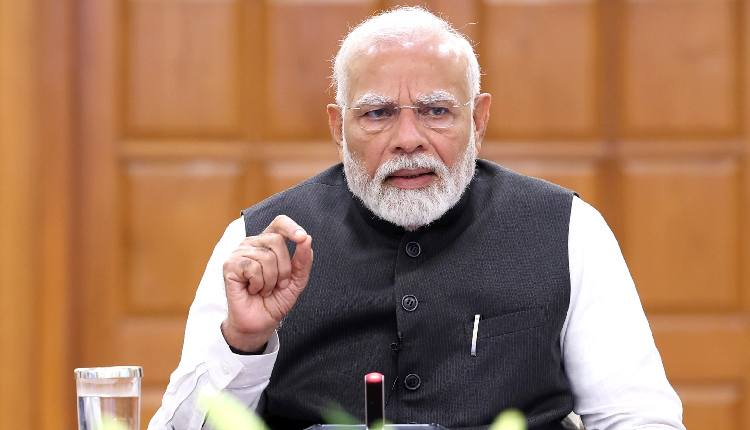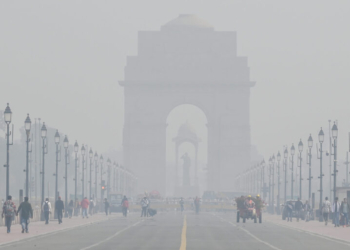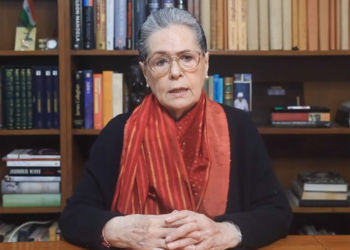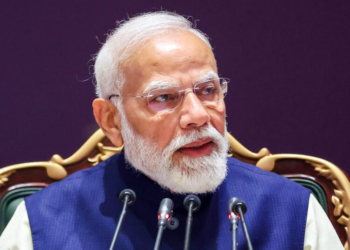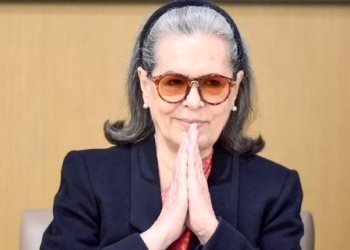Bhubaneswar: Amid escalating hostilities between India and Pakistan and the continuation of Operation Sindoor, Prime Minister Narendra Modi has directed the armed forces to respond more forcefully to any Pakistani aggression, according to senior government sources cited by national media on Sunday.
According to sources, during high-level discussions following the strikes, the Prime Minister conveyed a clear message to the armed forces: any hostile act by Pakistan must be met with a stronger military response. “Wahan se goli chalegi, toh yahan se gola chalega” — if they fire bullets, we will respond with artillery — he is reported to have said.
Officials confirmed that Operation Sindoor is still underway and marks a shift in India’s strategic posture towards cross-border terrorism.
“There is a new normal. The cost of cross-border terrorism will be raised significantly. Pakistan cannot continue to engage in terrorism while expecting normal relations in other domains,” a senior official stated.
The government reiterated its longstanding position on Kashmir, asserting that there will be no third-party mediation. “The only issue open for discussion is the return of territory under Pakistan’s illegal occupation,” the sources said.
On Saturday evening, Foreign Secretary Vikram Misri announced that India and Pakistan had agreed to a full cessation of hostilities — on land, air, and sea — effective immediately. This followed four days of intense cross-border engagements, including drone and missile strikes. The ceasefire was initially confirmed by U.S. President Donald Trump, who stated that the breakthrough came after American mediation.
Despite this, Indian officials made it clear on Sunday that the ceasefire does not signal a return to past norms. “India’s approach post-May 7 strikes is clear — any Pakistani action will be met with greater intensity. This policy remains in effect,” a senior official said. Notably, it was the Pakistani Director General of Military Operations (DGMO) who reached out to his Indian counterpart on May 10 to initiate de-escalation talks.
India has also signaled a potential shift in its stance on the Indus Waters Treaty, suggesting the agreement could be placed in abeyance if Pakistan continues to support terrorism.
All diplomatic and military engagement with Pakistan, officials said, will now be limited strictly to DGMO-level communication. “There are no other issues for bilateral dialogue at this time,” one source emphasized.
The government’s tough stance follows the May 7 targeted strikes on terror infrastructure and the earlier Pahalgam attack, after which India informed concerned nations of its intent to strike militant bases across the border. According to officials, all subsequent provocations have been met with firm and decisive responses.




